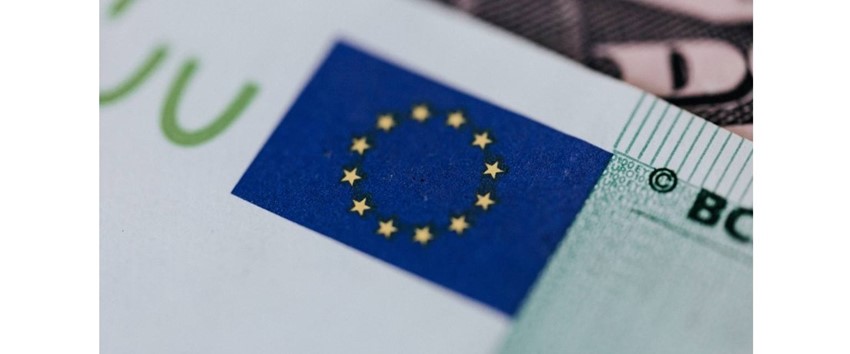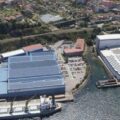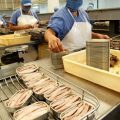The business association Anfaco is optimistic that access to Next Generation aid will be unblocked. The canning industry association Anfaco recently held a meeting with authorities from the Ministry of Agriculture and Fisheries and the Ministry of Industry and Trade to resolve the legal exclusion of companies in the sea-industry chain from the agri-food PERTE. At the meeting, commitments were reached to address these restrictions in the short and medium term.
The employers’ association trusts that the exclusion of the canning sector will be corrected and that this industry will be allowed access to investments worth 300 million euros. This is a recovery plan launched in 2021 by the European Union with the aim of transforming the economy and creating forward-looking job opportunities.
Last year, the European Union reached an agreement to create the Next Generation Recovery Funds, all to mitigate the effects of the Coronavirus. The total amount of such aid is 750,000 million euros for all Member States over the next six years, of which more than 140,000 million euros are earmarked for Spain.
The sector remains concerned about the rising costs of raw materials and energy, as well as the evolution of inflation, all in an uncertain context due to the war in Ukraine and the pandemic. From the employers’ association, they demand from the Government a package of fiscal measures to guarantee the competitiveness of the Spanish industry in international markets, among them a super-reduced VAT of 4% for seafood products.
In the face of this complex situation, the Spanish canning sector is especially dependent on exports, where its main markets are Italy, France, Portugal, the Netherlands and the USA. In addition, Anfaco brings together the Spanish canning industry, but also companies of salted fish and seafood, frozen, refrigerated and processed seafood products, as well as mussel producers, fish oils and fishmeal, etc.
It is a cluster that brings together a total of 257 companies and has an annual turnover of 10.9 billion euros. More than 80% of the industry is concentrated in Galicia, employing some 30,000 workers in Spain.












